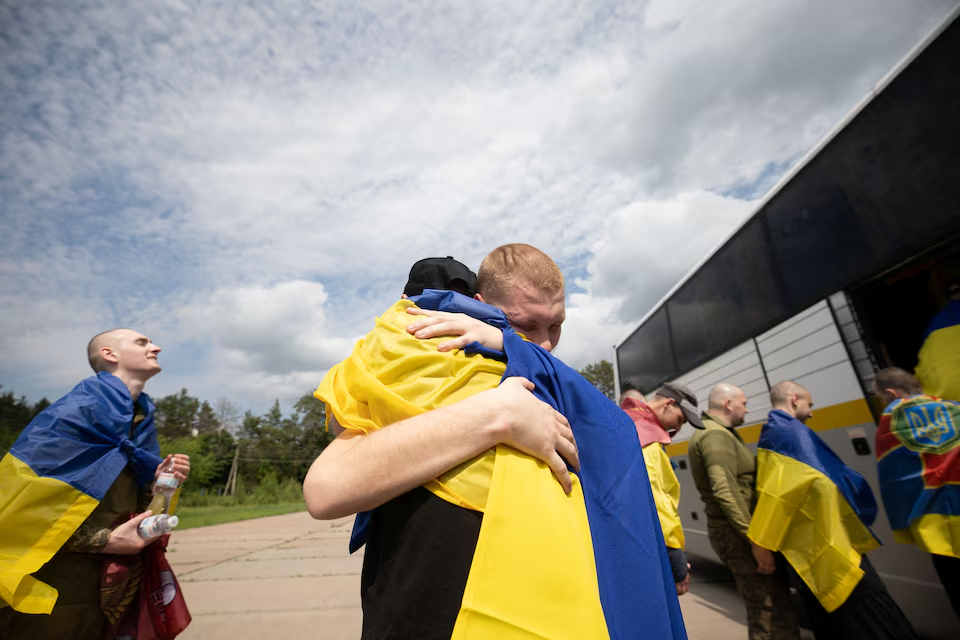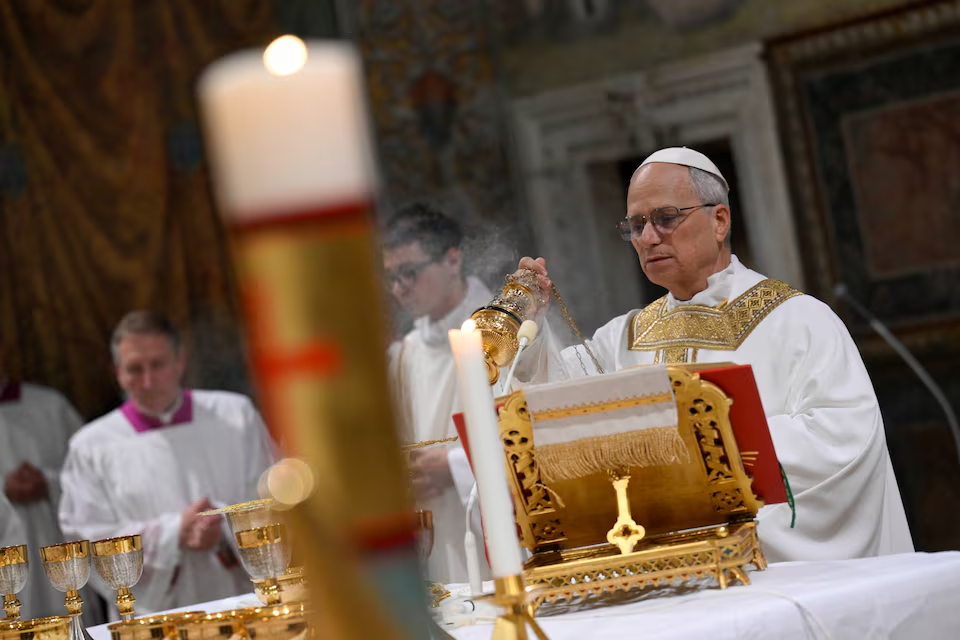Russia and Ukraine have conducted a new prisoner exchange, releasing a group of younger soldiers from both sides, according to an announcement from Russia’s Defence Ministry on Sunday. The exchange is part of a series of ongoing negotiations facilitated through intermediaries, despite continued hostilities between the two countries.
The Russian Defence Ministry stated that the exchange was conducted “according to agreements” and involved “a number of Russian servicemen who were in mortal danger while in captivity.” The statement emphasized that the returning prisoners would be transported to Moscow for medical and psychological evaluations and reintegration support.
Although Moscow did not specify the number of soldiers returned, it underscored that the majority of those exchanged were younger servicemen, many of whom had been captured early in their deployment. Ukrainian officials have yet to issue a detailed statement confirming the exchange or providing figures, but prior exchanges have typically involved dozens of individuals on both sides.
Although Moscow did not specify the number of soldiers returned, it underscored that the majority of those exchanged were younger servicemen, many of whom had been captured early in their deployment. Ukrainian officials have yet to issue a detailed statement confirming the exchange or providing figures, but prior exchanges have typically involved dozens of individuals on both sides.
This latest exchange highlights a quiet line of communication between Kyiv and Moscow, even as diplomatic relations remain severed. Past swaps have been described as complex and often delayed by battlefield developments, logistical challenges, and verification of identities.
Human rights organizations and international monitors have repeatedly called on both Russia and Ukraine to uphold the Geneva Conventions, particularly regarding the humane treatment of prisoners of war (POWs). Reports from earlier in the war included allegations of abuse and violations of prisoner rights, prompting scrutiny from the United Nations and independent watchdogs.
Russia’s announcement did not disclose whether any foreign fighters were included in the swap, nor did it comment on negotiations for high-profile captives. Similarly, Ukraine has remained guarded in its public communications about prisoner exchanges, citing national security concerns and the sensitivity of ongoing negotiations.
The focus on younger soldiers may reflect growing domestic and international pressure on both governments to prioritize the return of troops who were either conscripted or enlisted at a young age. Military analysts note that both nations have suffered heavy casualties among junior personnel, with many families campaigning publicly for the return of missing or captured relatives.
This development follows recent international efforts to reduce hostilities, including renewed calls for ceasefires, humanitarian corridors, and negotiations over contested territories. However, both Kyiv and Moscow have rejected recent ceasefire proposals without firm security guarantees or territorial agreements.
As the war stretches into its third year, prisoner exchanges have emerged as one of the few functioning mechanisms of engagement between the two sides. Observers say that these exchanges offer a rare glimmer of cooperation in an otherwise deeply entrenched and brutal conflict.
The international community continues to monitor the treatment of POWs and encourages both governments to maintain regular exchanges under transparent, lawful conditions. While the current swap does little to alter the broader course of the war, it does provide relief to the families of those involved and a measure of hope for future humanitarian breakthroughs.



